As the calving season gets under way, we have already seen cases of scouring calves. Scour can be a major problem on some farms and if not investigated and managed properly, can be a major cause of losses.
The main causes of scours are E.coli k99, viruses rota and corona, cryptosporidia and salmonella.
In trying to prevent scour, the main thing is to give adequate colostrum. Colostrum is only absorbed in the first three to four hours of life and if not given then, is little or no use a day later. At birth, the calf has no antibodies to infection and only acquires the antibodies through the colostrum. The calf only starts to produce its own antibodies from about two weeks of age. Therefore, it is of utmost importance to ensure the calf gets it either by observing him suckling vigorously or to feed by stomach tube.
The pathogens that cause scour enter through the mouth. Therefore, the importance of a clean dry bed cannot be over emphasised. If scour develops in a group of calves, the affected calves should be immediately isolated and the pen cleaned out thoroughly and disinfected and then bedded with plenty of clean straw.
Where there has been any history of scour on a farm, the cause should be investigated. This can be done by getting a dung sample analysed. This knowledge will be of great value in deciding the treatment and control regime.
For instance, if the problem is cryptosporidia, the approach to treatment will be entirely different than to, say, rotavirus. However, in all cases, one should start treatment with electrolyte solutions to prevent dehydration.
If a calf is severely dehydrated, it may need an intravenous drip. This may be done on the farm, but, in my practice, we always do it at the clinic, as we can keep the calf under observation for several hours. Intravenous drips are particularly useful for calves that dehydrate quickly, but, in my opinion, are not very useful in calves that have been scouring for a number of days.
Vaccines are very useful, but must be given several weeks before calving in order to be effective. The vaccine causes the colostrum to be much richer in antibodies, but still depends on the effective absorption by the calf of adequate colostrum.
There is no vaccine for cryptosporidia. Scours can be much more difficult to deal with if there is an underlying BVD or salmonella problem in the herd. Therefore, veterinary investigation is essential.
I would advise everyone who has cows calving to invest in a calf-feeding tube and to use it to feed colostrum as soon as possible after the calf’s birth. Dairy farmers have embraced this very well, but suckler farmers in many cases are relying on the calf to get up to suckle. This may not always happen due to calf size, difficult birth, etc. So do milk the cow; even a litre of good-quality colostrum can make ALL the difference.



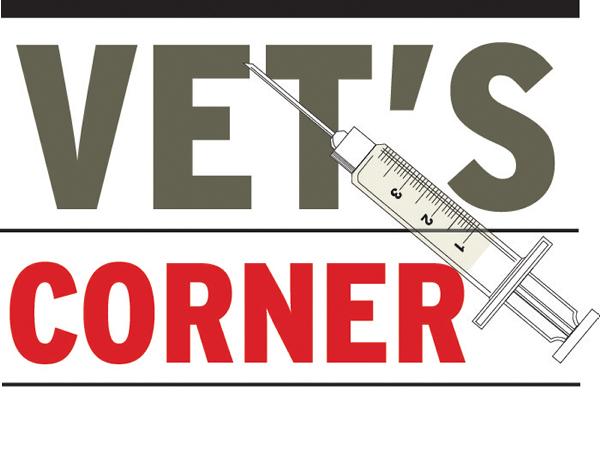

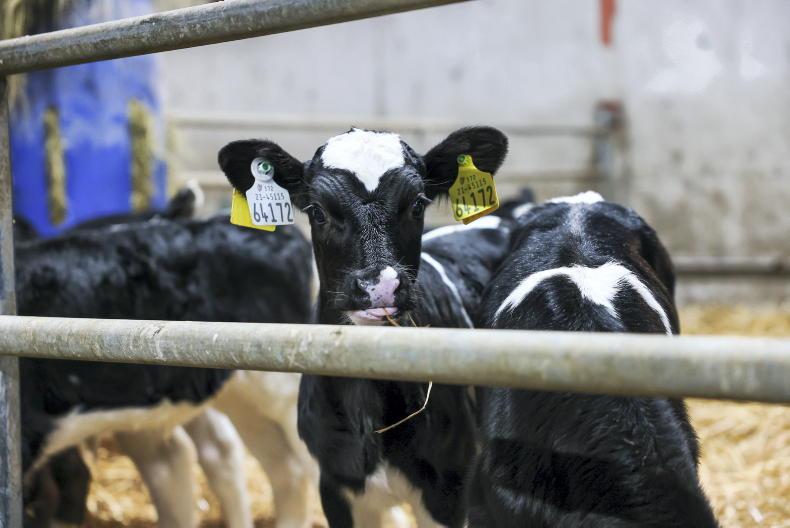

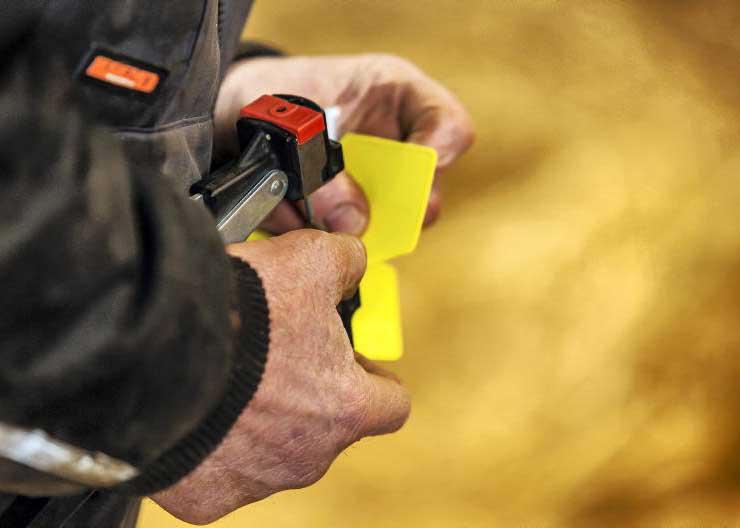
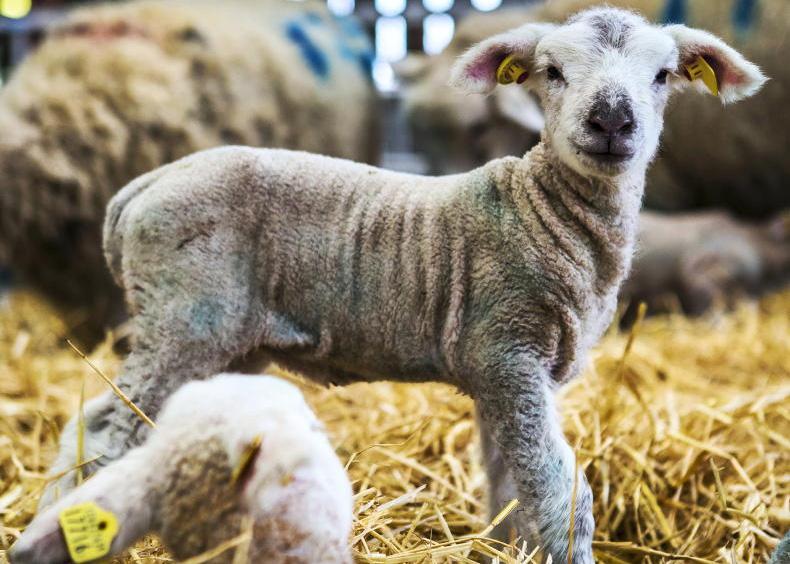
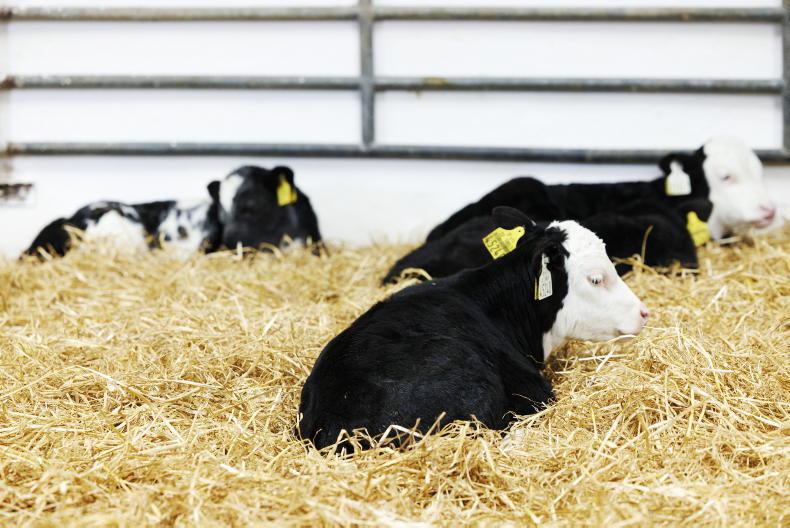
SHARING OPTIONS